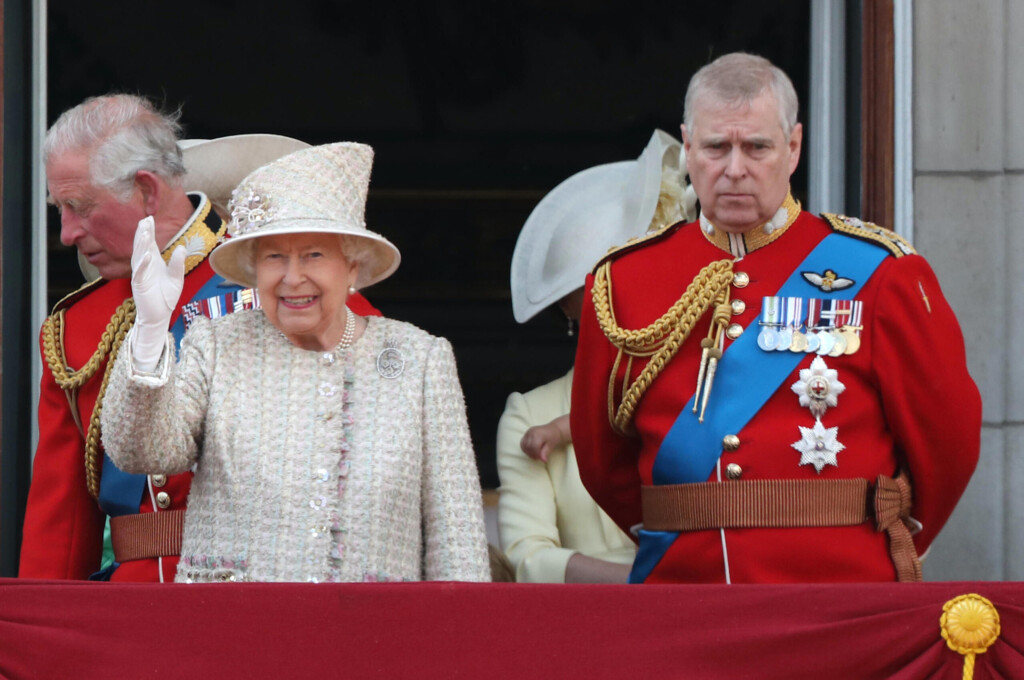Virginia Giuffre, one of Jeffrey Epstein’s trafficking victims, filed a lawsuit against Britain’s Prince Andrew in Manhattan federal court yesterday. She has long alleged she was sexually abused by the prince, when she was 17, in London, New York, and the U.S. Virgin Islands.
Buckingham Palace previously denied the charges on behalf of the prince, who was forced to resign from royal duties over the scandal.
It’s the next step in what could be a prolonged takedown of powerful figures associated with the late billionaire financial advisor. With his former henchwoman, Ghislaine Maxwell, in custody on sex trafficking charges, and her trial set for November, many guilty parties will be wondering who she might name to save herself.
Their anxiety will be focused on the “proffer” — known colloquially in legal circles as “queen for a day” — an optional process by which defendants provide information in exchange for potential leniency.
But as Salvatore Strazzullo, the prominent Manhattan criminal defense attorney, explained to Avenue, if Maxwell submits a proffer letter, it has to be all-or-nothing.
“They don’t say, ‘Ghislaine, come in, and you choose who you want to throw under the bus,’” he said. “It’s: ‘Tell us everything you did illegally since you’re 18 years old.’”
Epstein’s sticky web of connections included state governors and two US presidents, as well as Britain’s Prince Andrew, who was a fixture of Maxwell’s social circle.

Photo by BFAGiuffre has previously accused the prince, who New York prosecutors have stated is not cooperating, of rape.
Strazzullo said federal prosecutors could, if warranted by the evidence, theoretically move to have the prince extradited to face trial in the United States. But among many complicating factors are the statute of limitations on his alleged crime, as well as Britain’s arcane laws relating to royalty.
In the United Kingdom, “Sovereign Immunity” means the Queen herself cannot be charged with a crime. But that protection does not extend to her children, including Prince Andrew.
In fact, apart from the occasional traffic infraction, the only royal in modern history to be charged with a crime was Andrew’s older sister, Princess Anne. In 2002, after her English bull terrier, Dotty, attacked two children, she pleaded guilty to an offense under the Dangerous Dogs Act, and paid a fine.
But, as followers of The Crown might know, nothing to do with the royal family is ever straight forward.
According to the Crown Proceedings Act of 1947, members of the royal household cannot be arrested in the presence of the sovereign, or in or near any official royal residence, whether or not she is present. These include Buckingham and Kensington Palaces in London, as well as Windsor Castle, within whose sprawling grounds Prince Andrew lives.
In other words, even if extradition proceedings against Prince Andrew were initiated, he could lawfully avoid arrest simply by staying home.


